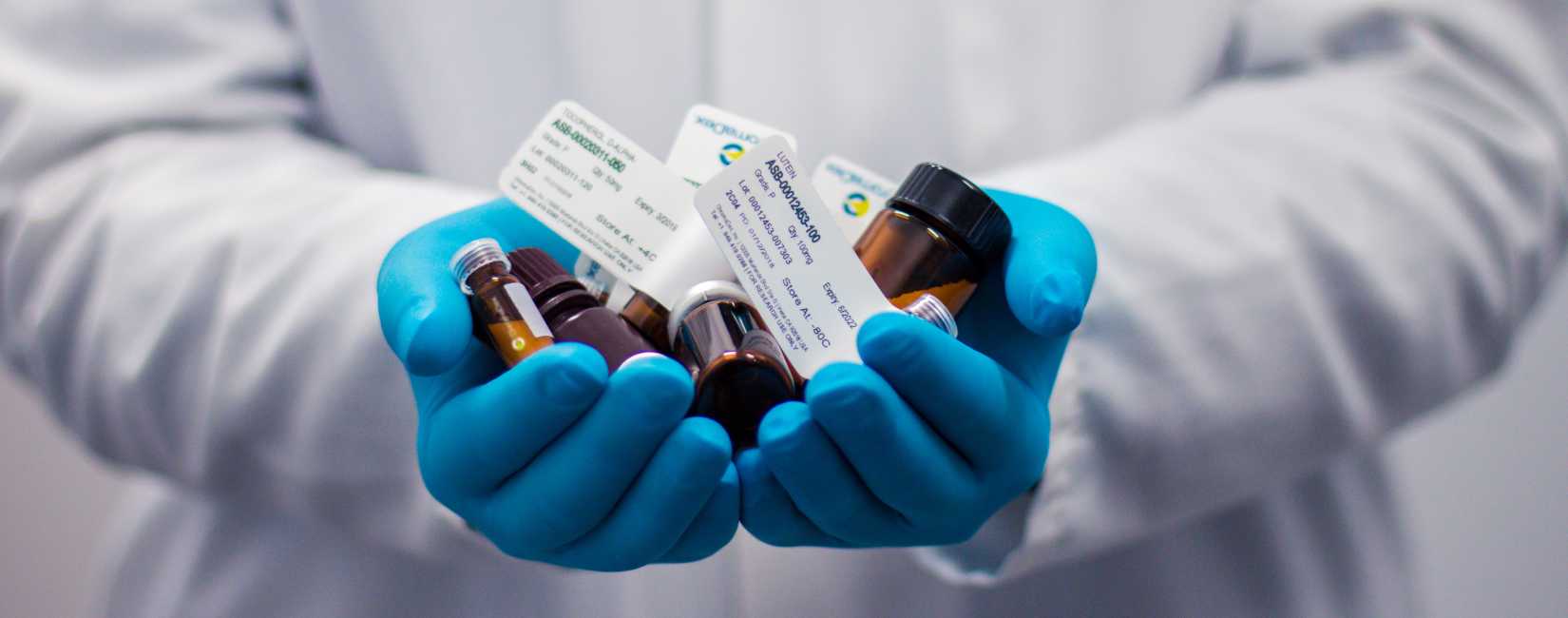Foreldre til transseksuelle barn kan samtykke til behandling med pubertetsblokkere på barnets vegne uten rettens godkjennelse. Det stadfester en ny dom i britisk High Court.
The girl’s mother sought a declaration from the High Court that she and the girl’s father can consent to her ongoing treatment amid ‘uncertainty on the lawfulness of parental consent’ and a concern that XY’s GP might not continue to prescribe puberty blockers in light of that ruling.
Mrs Justice Lieven said the use of puberty blockers for children with gender dysphoria ‘raises unique and highly controversial ethical issues’, and the division of clinical and ethical views has become ‘highly polarised’.
The judge said that, before the ruling in Ms Bell’s case, XY had been treated with puberty blockers on the basis that she was able to consent to the treatment herself.
However, she said that view had been ‘cast into doubt’ by the judgment in Ms Bell’s case and therefore the issue for her to decide was whether XY’s parents could continue to consent to the treatment on her behalf.
The judge concluded that, whether or not XY is considered legally competent to make the decision about puberty blockers, ‘her parents retain the parental right to consent to that treatment’.
Dame Victoria Sharp, sitting with Lord Justice Lewis and Mrs Justice Lieven, ruled in Ms Bell’s favour in December last year and said children under 16 need to understand ‘the immediate and long-term consequences of the treatment’ to be able to consent to the use of puberty blockers.
Following the ruling, which is being challenged and will be considered by the Court of Appeal in June, GIDS paused new referrals for hormone treatment.
However, the trust said treatment for patients currently taking puberty blockers should continue on the basis of parental consent given the ‘extreme distress these children and young persons would suffer if the treatment was not continued’.
Keira Bell is a key witness in the landmark High Court case against the Tavistock and Portman NHS Foundation Trust
Keira Bell, 23, took legal action against the Tavistock and Portman NHS Foundation Trust, which runs the UK’s only gender identity development service for children, arguing that children cannot properly consent to taking puberty blockers.
Ms Bell, who began taking puberty blockers when she was 16 before ‘detransitioning’, brought the legal challenge with Mrs A, the mother of a 15-year-old autistic girl who is currently on the waiting list for treatment.
In a judgment given in January, Dame Victoria Sharp, sitting with Lord Justice Lewis and Mrs Justice Lieven, said that children under 16 need to understand ‘the immediate and long-term consequences of the treatment’ to be able to consent to the use of puberty blockers.
The court ruled that ‘in order for a child to be competent to give valid consent, the child would have to understand, retain and weigh’ a number of factors, including ‘the immediate consequences of the treatment in physical and psychological terms’ and the fact that ‘the vast majority of patients taking puberty blocking drugs proceed to taking cross-sex hormones and are, therefore, a pathway to much greater medical interventions’.
Keira began treatment at Tavistock in North London at 16, when she decided she no longer wanted to be a girl and asked for help.
After three one-hour appointments, she was prescribed hormone blockers to halt the development of her female body.
Put on what she calls a ‘roller coaster’ journey, she was soon being given the male hormone testosterone to change her appearance. Three years ago, she had her breasts removed, in an operation paid for by the NHS.
Despite that dramatic step, this story has taken an extraordinary twist. For Keira has now changed her mind about being a man. She believes it is an impossible quest, and is trying to reverse the process.
It was revealed in January that she is the key witness in a landmark High Court case against the Tavistock and Portman NHS Foundation Trust, which runs the clinic.
The legal action questions the basis on which the Tavistock’s Gender Identity Service obtains consent to treat youngsters — some of them as young as 12.
So controversial is the high-profile case that some lawyers expect it to end up in the Supreme Court, the UK’s highest judicial body, for a decision on how gender reassignment treatment should be authorised for those who haven’t reached adulthood.
In a statement, Keira said: ‘I don’t believe children and young people can consent to the use of powerful, experimental hormone drugs like I did. Hormone-changing drugs and surgery do not work for everyone, and it certainly should not be offered to someone under 18.’
Mrs Justice Lieven said she ‘self-evidently’ agrees with the conclusions in Ms Bell’s case, having been one member of the court which gave the ruling, and that nothing in her decision on XY’s case is intended to depart from it.
However, she said the issue of parental consent was not considered by the court in Ms Bell’s case.
In the case of XY, the judge said there was agreement between the teenager, her parents and treating clinicians that she should continue to be treated with puberty blockers.
The teenager’s mother said her daughter had always only been interested in girls’ toys and clothes and was ‘utterly miserable, became very withdrawn, and was shy and unhappy’ during a period when she tried to conform to a more ‘male’ stereotype.
Once she told her parents she was transgender and started going to school as a girl, her mother said XY’s confidence grew and she ‘became much happier’.
The judge said she has now ‘fully transitioned socially in all aspects of her life, including legal paperwork’ and has changed her name by deed poll.
She said XY has never been diagnosed as having an unresolved mental health issue and there is no suggestion she is on the autistic spectrum.
The girl’s mother said in a witness statement she did extensive research on puberty blockers before her daughter started taking them, was ‘fully aware’ of the potential side effects and knew that the treatment was very new.
The judge said: ‘It does appear from (the mother’s) witness statement that she and (the father) have been careful and cautious in their approach to the treatment, have tried to become as well informed as possible and have sought at various stages to take matters slowly.’
After starting on puberty blockers, XY and her parents considered fertility treatment but decided not to wait for it to go ahead because the changes to her body were ‘progressing at considerable speed and causing her distress’.
In a statement before the court at the hearing earlier in March, XY said: ‘I agree with everything my mum says about our efforts for me to undergo fertility preservation treatment before I started on puberty blockers and the race against time.
‘The visible and irreversible onset of male puberty was very and most distressing for me.
‘It also meant that my life wouldn’t be my life any more and normal, where everyone knew and accepted me as female.
‘I had to make a very difficult choice. I have already explained in my letter how I felt about developing any additional male characteristics and especially as they could not be reversed. I would have been devastated.
‘My parents and I talked about everything, they have been hugely supportive and understanding.’
Mrs Justice Lieven said the ‘key difference’ from Ms Bell’s case is that parents are generally in a position to understand and consider what is in the best interests of their child.
She added: ‘They are adults with full capacity and, as the people who know their child best and care for them the most, will be in a position to reach a fully informed decision.
‘The evidence strongly suggests that XY’s parents have fully considered these matters and come to a careful and informed decision.’
The judge concluded: ‘In my view, the factors identified in (Ms Bell’s case), which I fully agree with, do not justify removing the parental right to consent.
‘The gravity of the decision to consent to puberty blockers is very great, but it is no more enormous than consenting to a child being allowed to die.
‘Equally, the essentially experimental nature of puberty blockers should give any parent pause for thought, but parents can and do routinely consent on their child’s behalf to experimental treatment, sometimes with considerable, including life-changing, potential side-effects.’
The judge said that in cases where there was disagreement between clinicians, or concern that parents were being ‘pressured’ by their children to consent, then those cases should be brought to court.
However, she said she does not consider that these issues ‘justify a general rule that puberty blockers should be placed in a special category by which parents are unable in law to give consent’.






